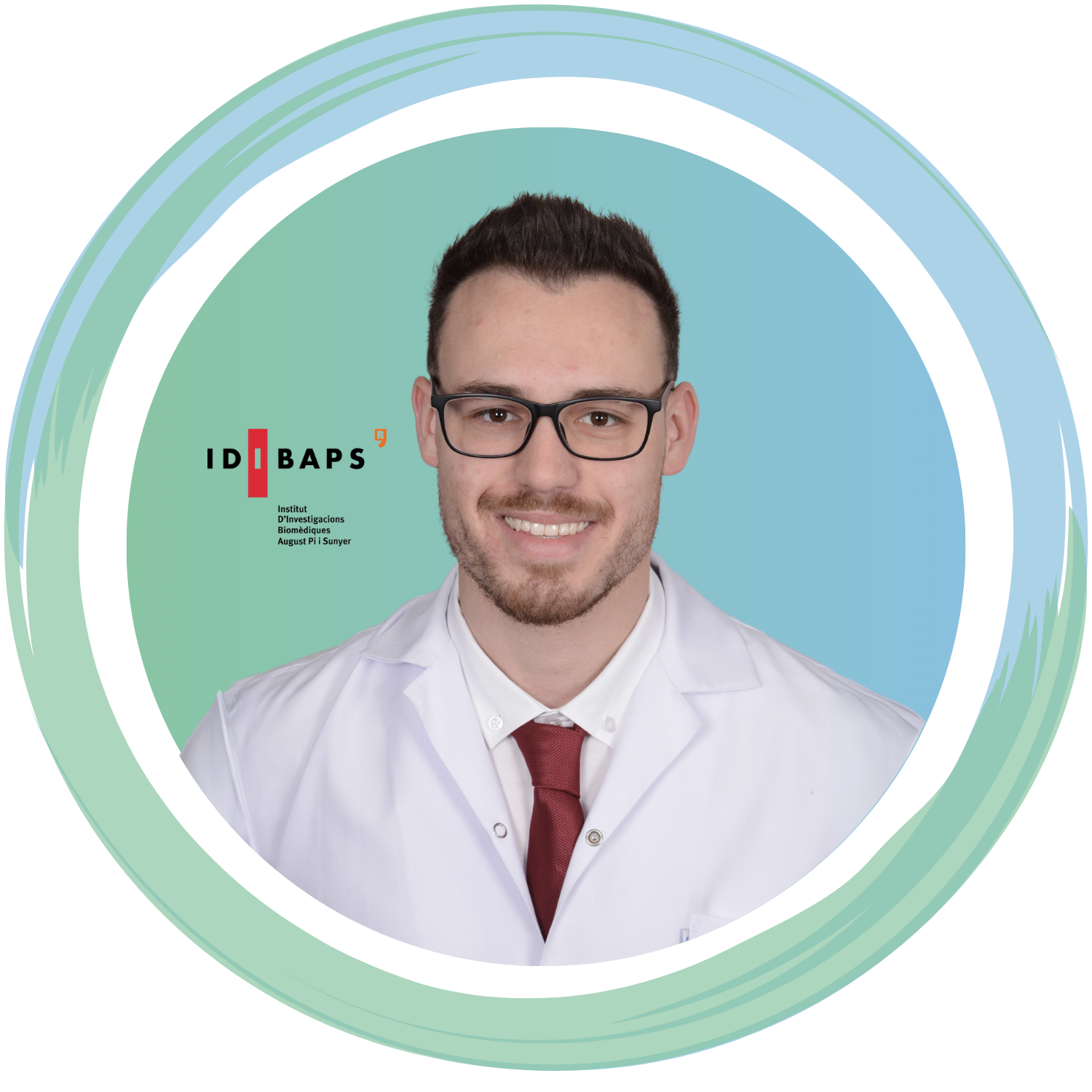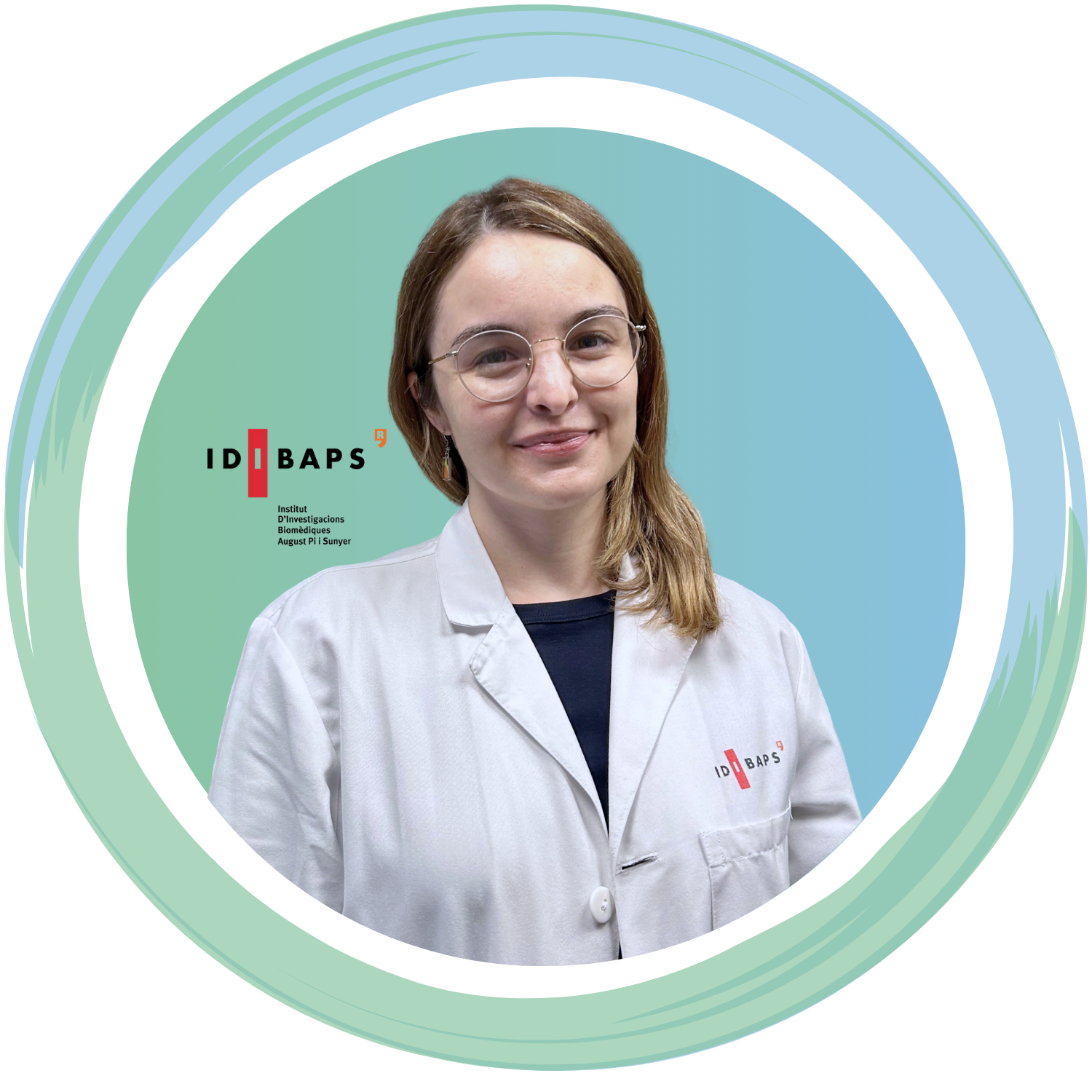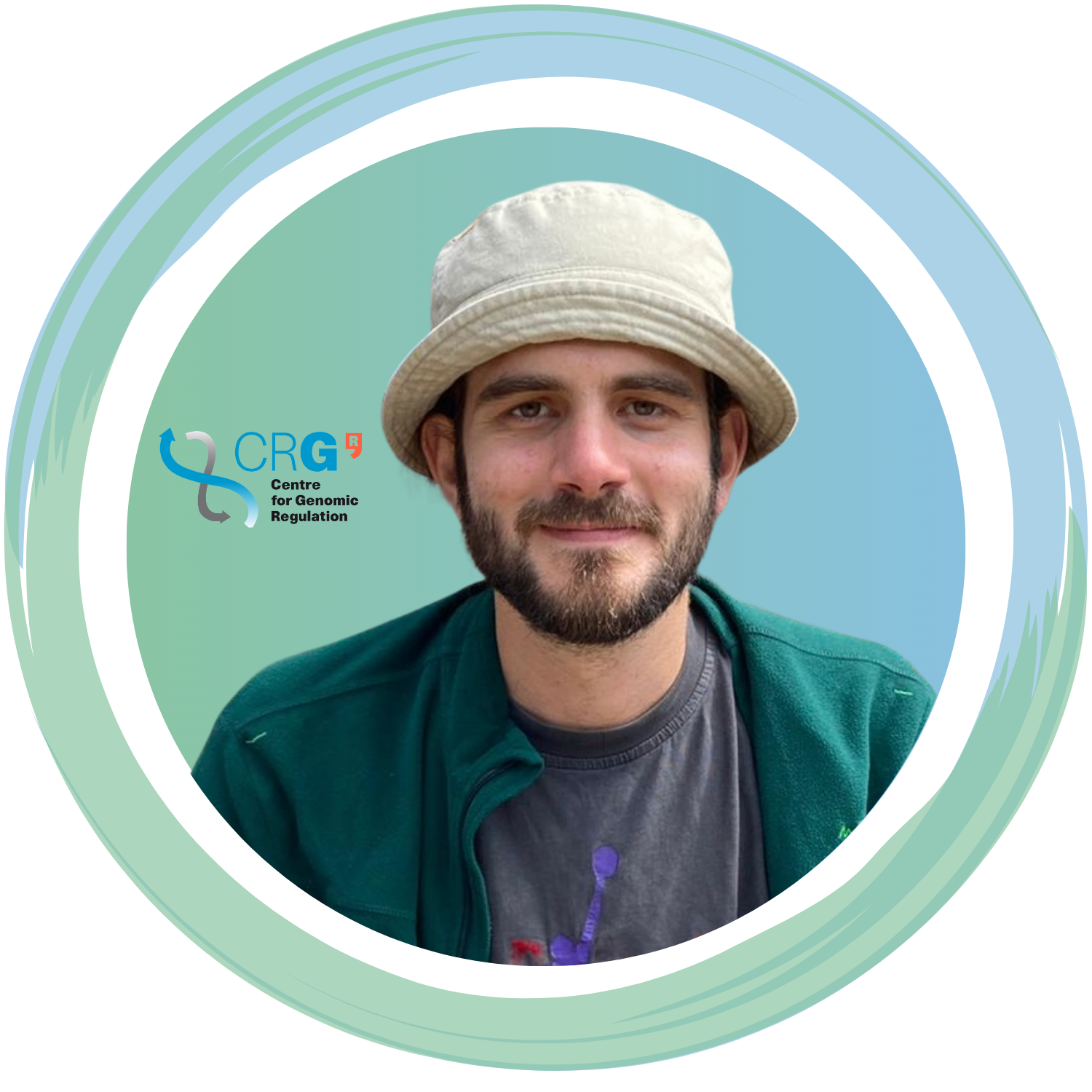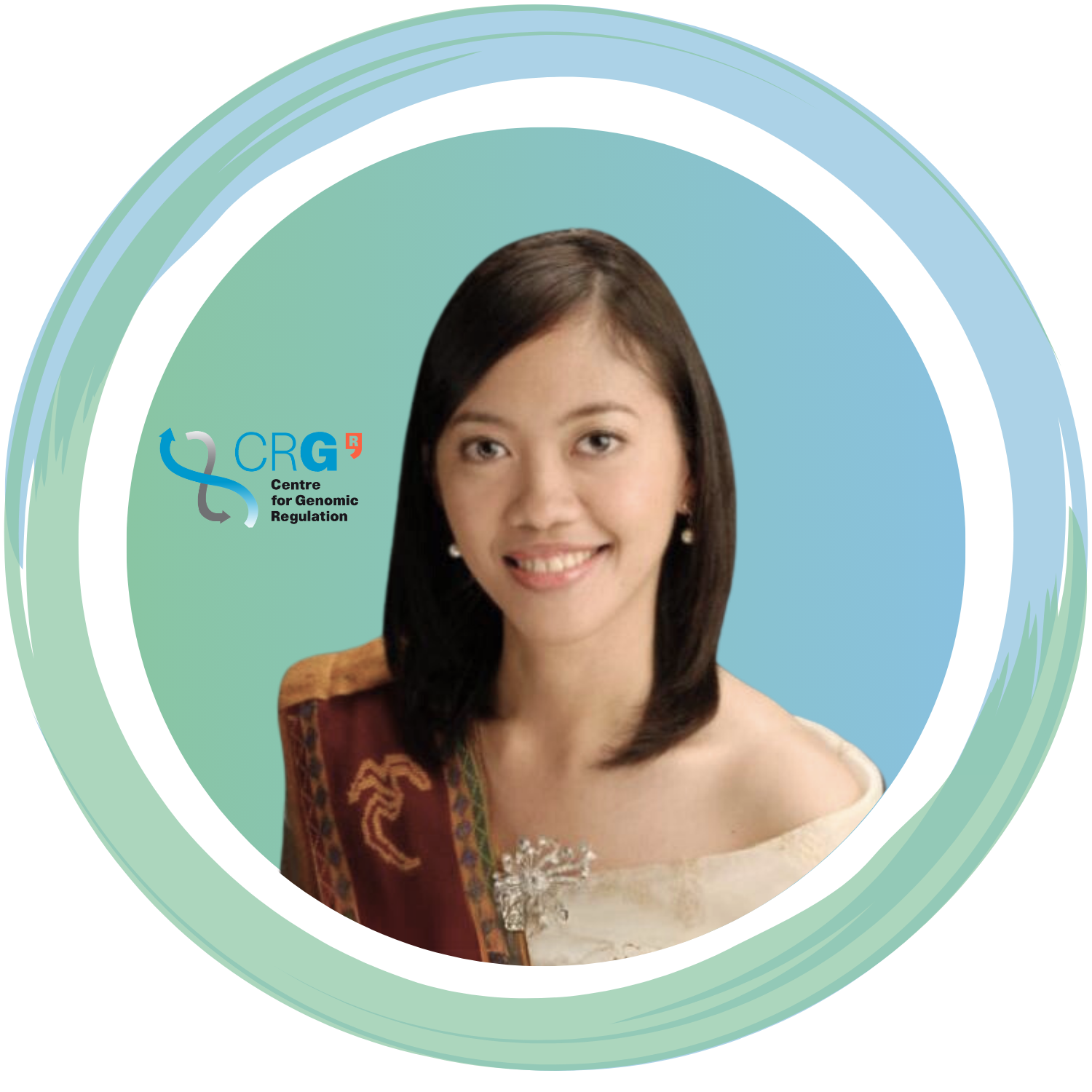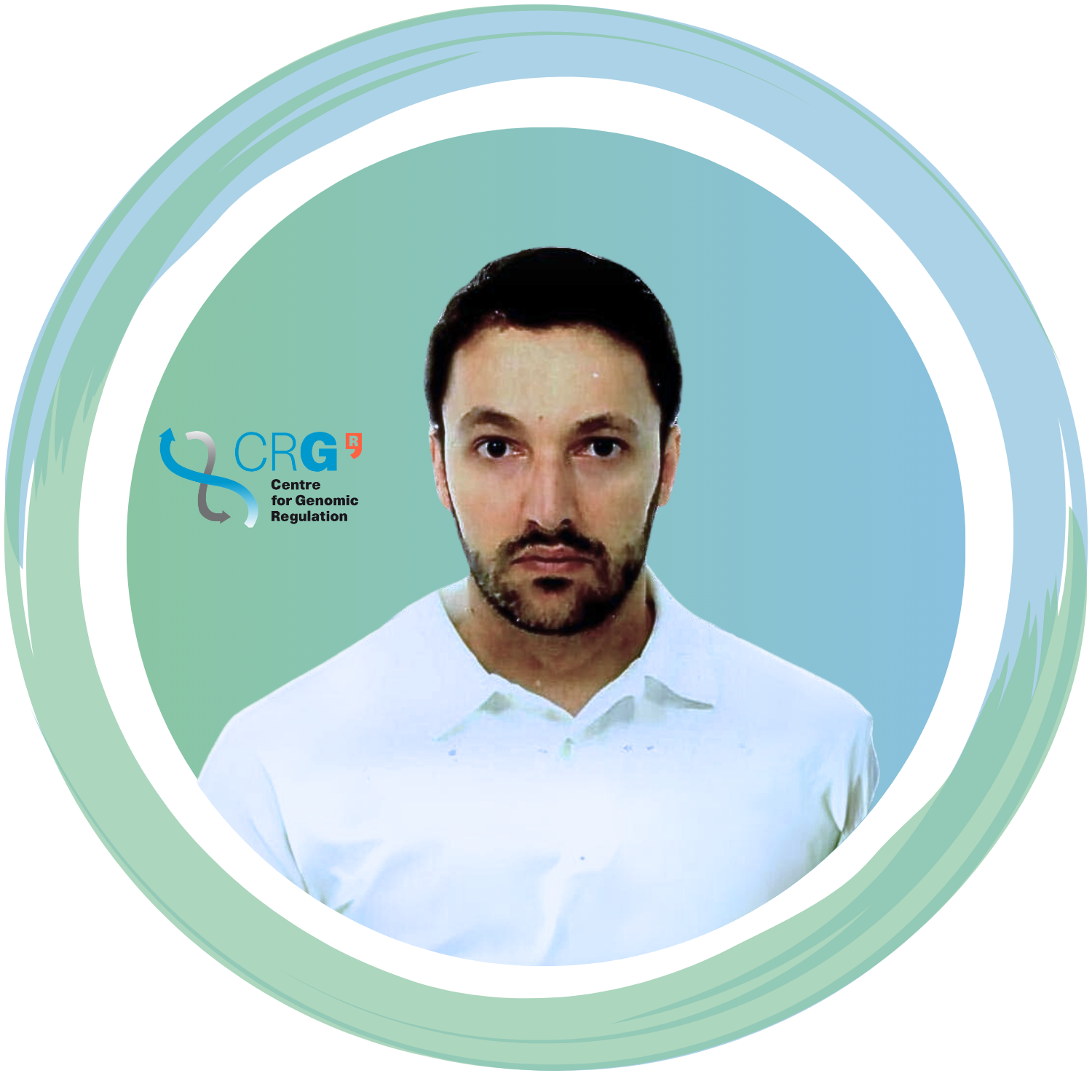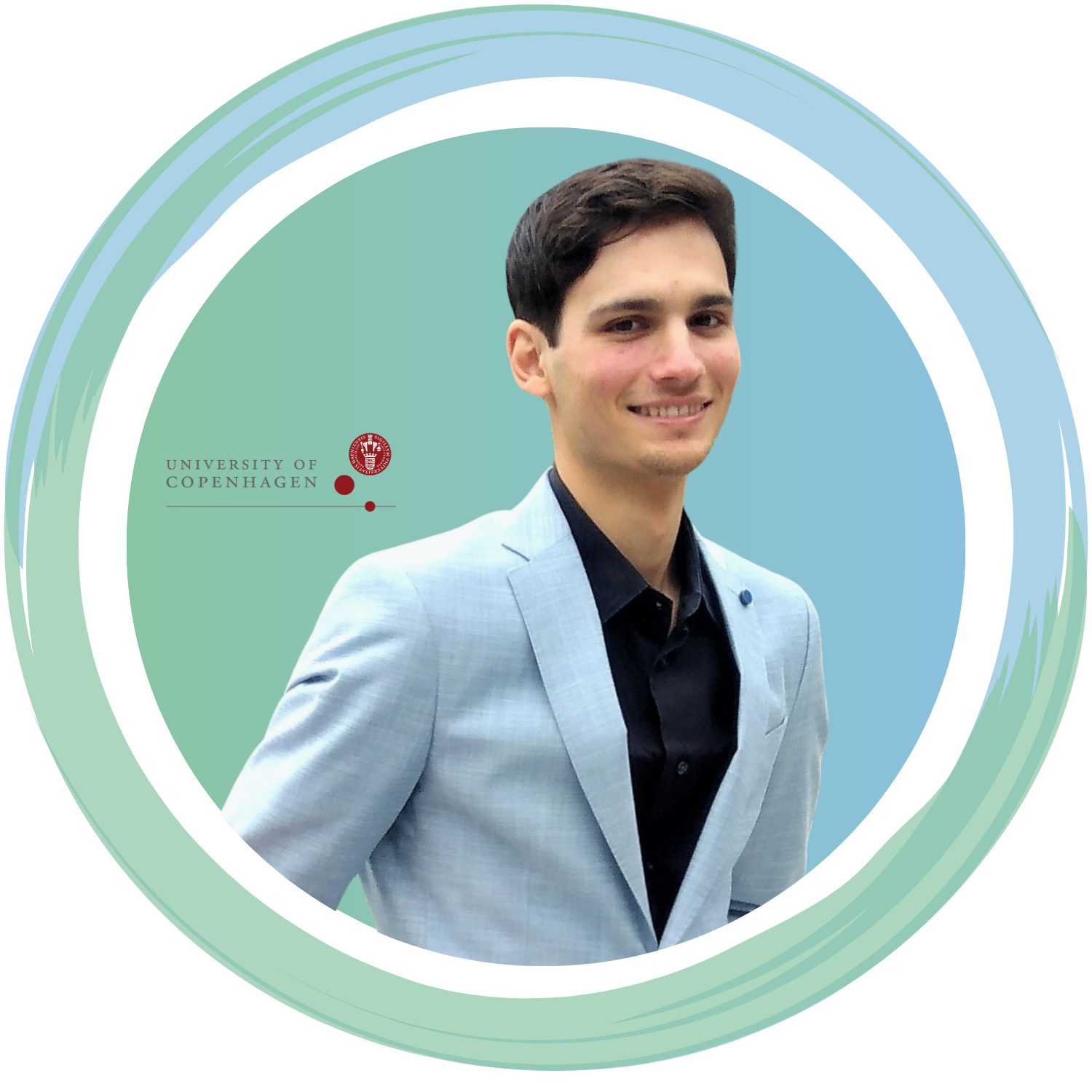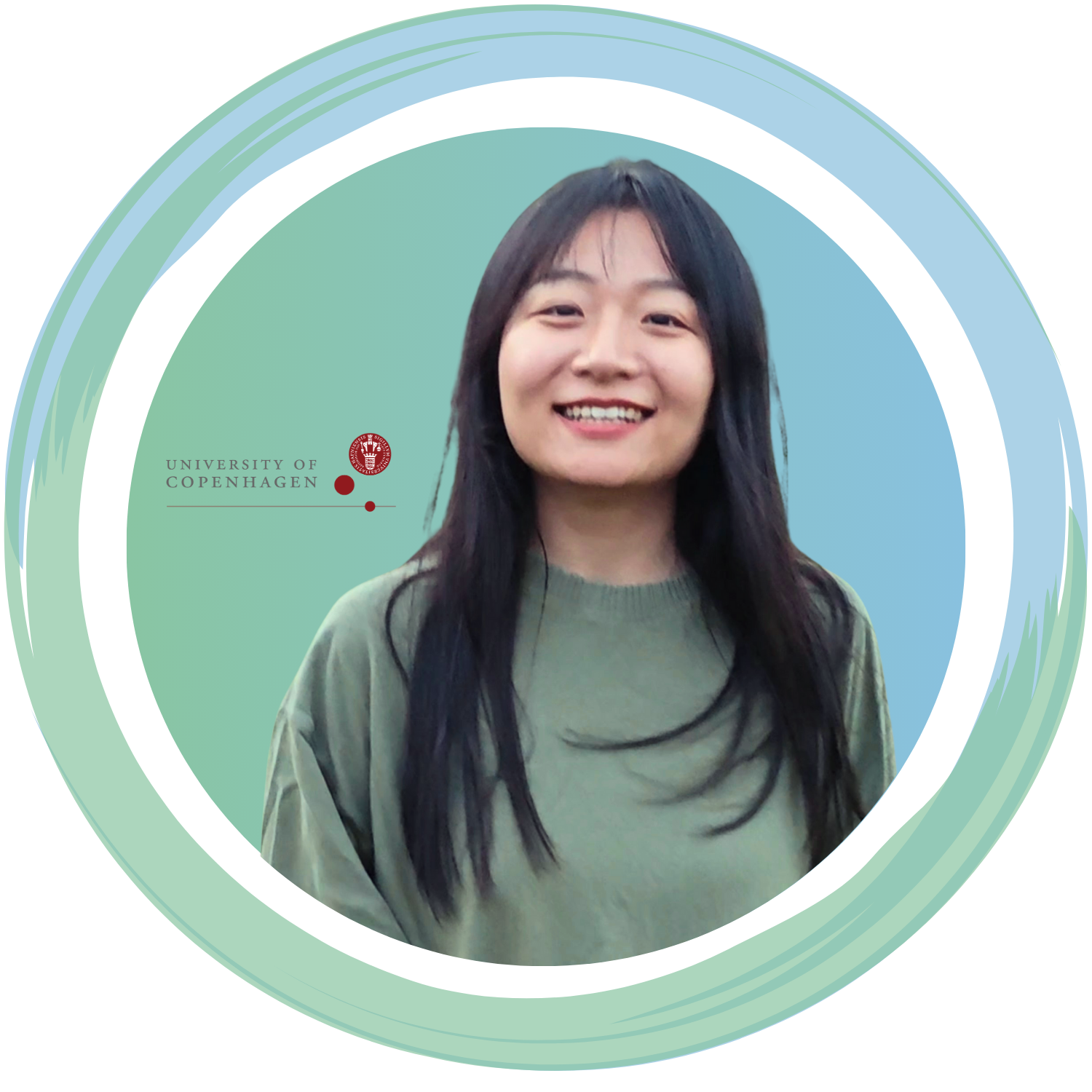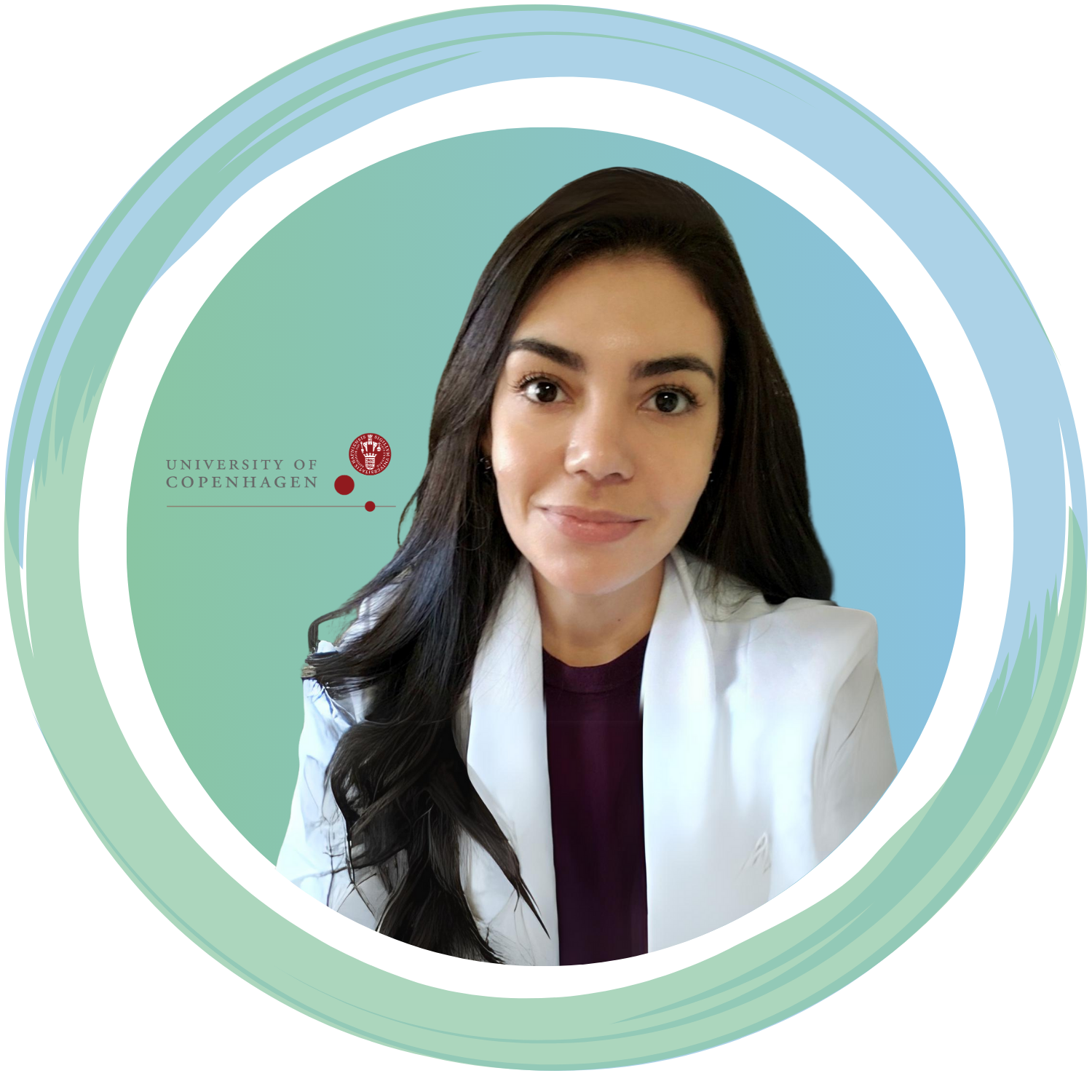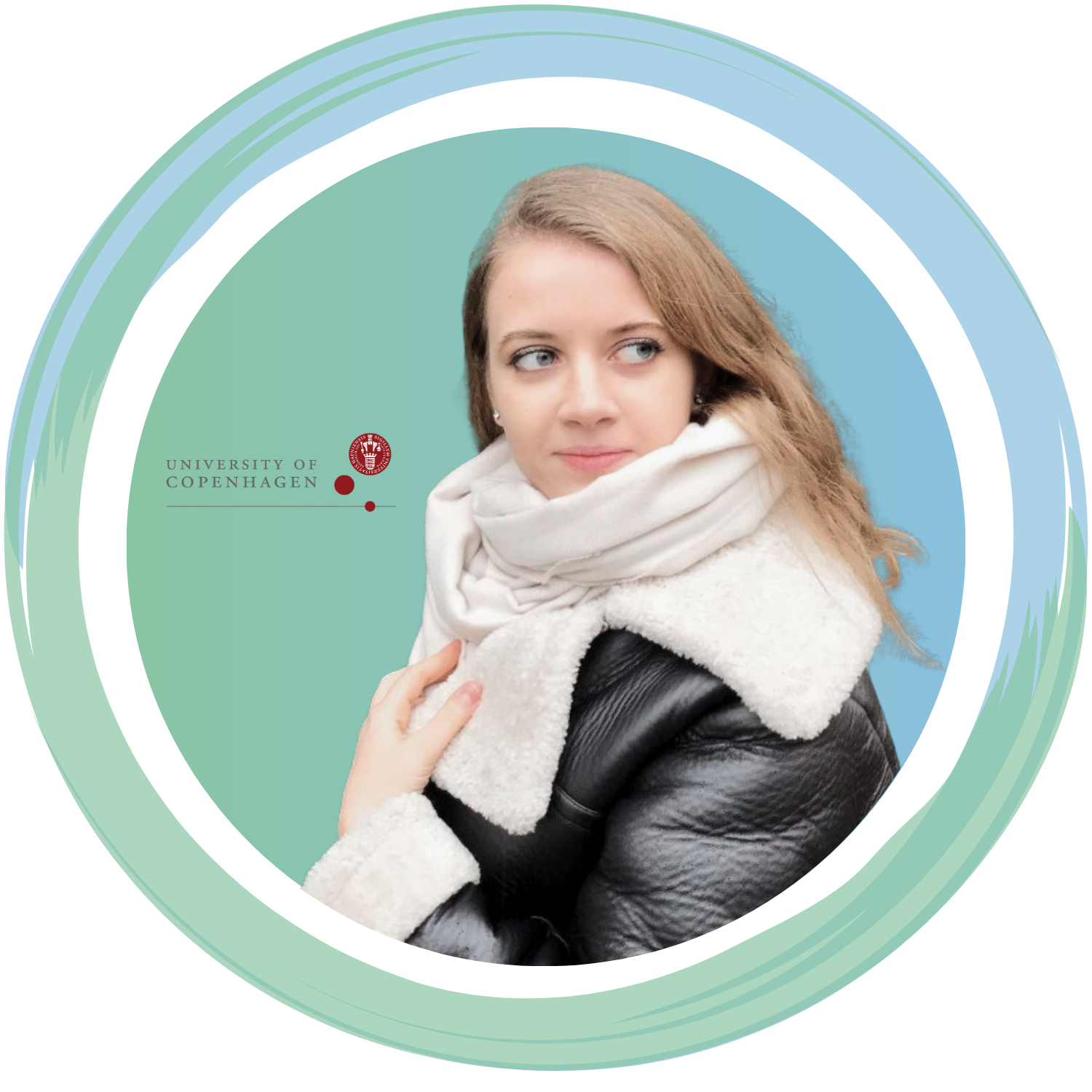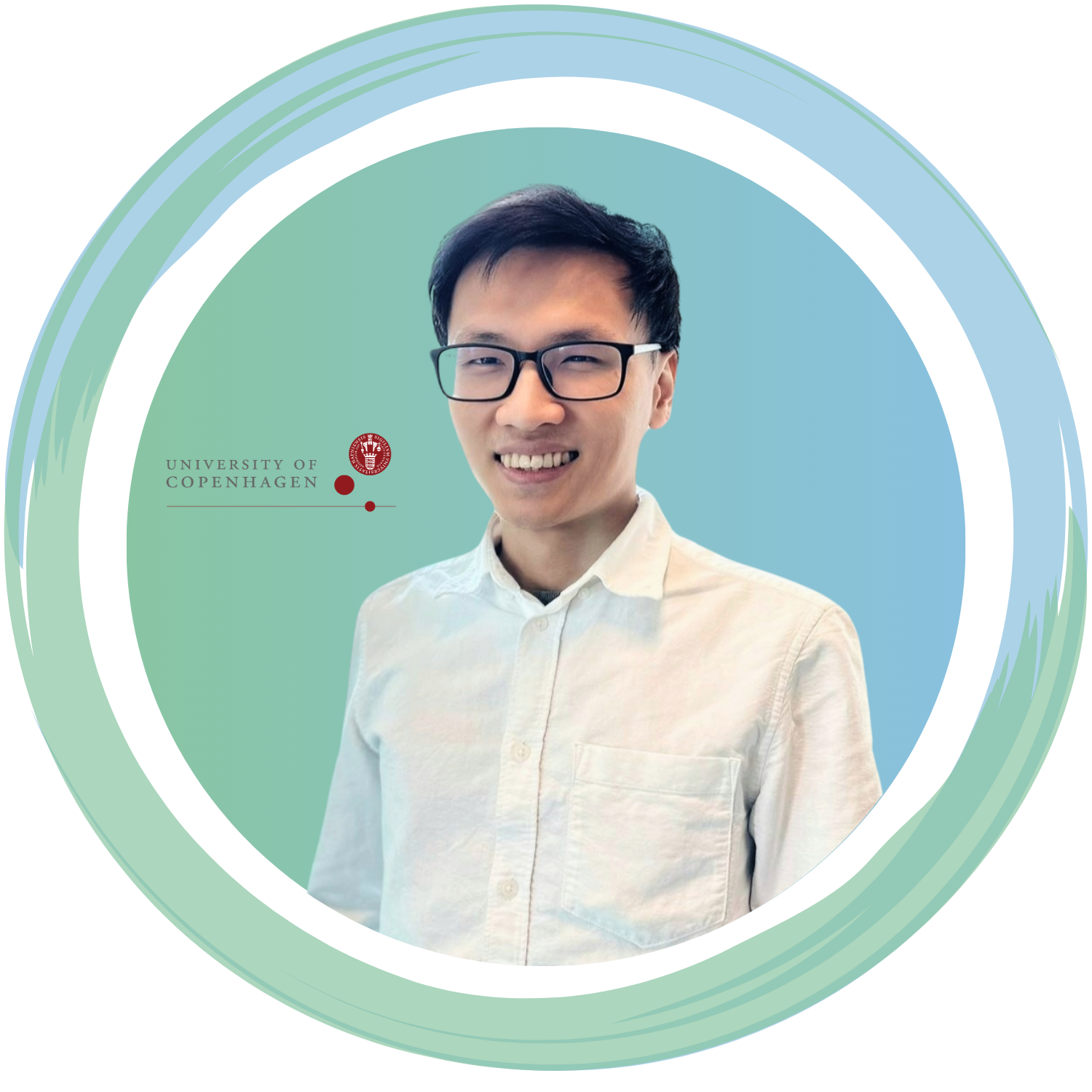The lab: Soares group
Lab's research themes:
The central hypothesis tested in our laboratory is that a functional interplay between immune-driven resistance mechanisms, and stress and damage responses acting in parenchyma tissues, exists, to counter and repair the pathogenic effects of infection.
Immunity limits the fitness costs imposed by continuous interaction of multicellular organisms with microbes. Innate and adaptive components of the immune system sense and target pathogenic microorganisms for containment, destruction or expulsion, as the means to preserve host organismal homeostasis and fitness. Resistance to infection refers to the output of these immune functions.
Multicellular organisms deploy an additional defence strategy that while essential to limit the fitness costs imposed by microbes does not exert a direct negative impact on microorganisms. This defence strategy, known as disease tolerance, supports host homeostasis via different mechanism(s) that rely on evolutionarily conserved stress and damage responses. These stress and damage responses are essential to limit the extent of metabolic dysfunction imposed by infections, either directly by pathogenic microorganisms or indirectly by immune-driven resistance mechanisms.
See: https://science.sciencemag.org/content/335/6071/936
and
https://www.annualreviews.org/doi/abs/10.1146/annurev-immunol-042718-041739
Merits of the lab:
Main original scientific contributions:
2020/21. Loss of the α-gal glycan during primate evolution enhanced antibody-effector function and shaped microbiota composition/pathogenicity (Cell Host & Microbes, Elife, 2020).
2019. Reprogramming of renal iron metabolism establishes disease tolerance to malaria (PNAS, 116, 5681-5686).
2017: Cross-regulation of iron and glucose metabolism establishes disease tolerance to sepsis (Cell 169, 7, 1263-1275).
2014: Gut microbiota bacteria confer resistance to malaria (Cell 159, 6, 1277-1289).
2012: Metabolic adaptation to tissue iron overload confers disease tolerance to malaria (Cell Host & Microbe 12; 5, 693-704).
2011: Sickle hemoglobin establishes disease tolerance to malaria (Cell, 2011, 145, 3, 398-409, 29).
2007-12: Stress-responses support the survival of an infected host irrespectively of pathogen load, a mechanistic basis for disease tolerance to malaria (Nat. Med., 2007, 13: 703-10 and PNAS. 2009, 106; 37: 15837-42) and sepsis (Science TM, 2010. 2: 51; Science, 2012, 335, 936).
2007-10: The gasotransmitter carbon monoxide (CO) prevents the pathogenic effects of heme (Nat. Med., 2007, 13:703-10 and Annu. Rev. Pharmacol. Toxicol. 2010. 50:323–54).
2001-7: The gasotransmitter carbon monoxide (CO) is protective against a broad range of immune mediated inflammatory conditions, including graft rejection (J. Immunol., 2001, 166, 4185-4194, Nat. Med., 2003, 9, 183-190), arteriosclerosis (Nat. Med., 2003, 9, 183-190), ischemia & reperfusion injury (FASEB Journal. 2004; 18:771-772), autoimmune neuroinflammation (J. Clin. Invest. 2007, 117, 438-447) and malaria (Nat. Med., 2007, 13: 703-10).
1998-2001: The gasotransmitter carbon monoxide (CO) is cytoprotective (J. Exp. Med., 2001, 192, 1015-25) and immunoregulatory (Nat. Med., 2000, 6, 4, 422-428).
1998: Protective genes prevent graft rejection (Nat. Med., 1998; 4, 91-8).
Why do we train medical doctors in our team?
The Calouste Gulbenkian Foundation, a Portuguese philanthropic institution with the main purpose of improving the quality of life through art, charity, science and education, owns the Instituto Gulbenkian de Ciência. As Principal Investigators the Instituto Gulbenkian de Ciência, we are fully committed to equality, diversity and inclusion in biomedical research and innovative training towards the higher aim of transforming society through science. As an illustrative example we are active players in international programs of the Calouste Gulbenkian Foundation, supporting the development of scientific careers in health sciences of junior researchers from Portuguese-speaking African Countries. The aim of such programs is to consolidate the scientific careers of junior researchers, in their countries of origin, strengthening the scientific and institutional links between Europe and Africa.
In line with the values of the Calouste Gulbenkian Foundation our research team strives and achieves gender, ethnic and religious equality, diversity and inclusion, as perhaps best illustrated by the unbiased, multicultural, multinational and gender balanced research team, currently composed of researchers from Nigeria, Angola, Brazil, Germany, China and Portugal.
As a Principal Investigator of the Instituto Gulbenkian de Ciência, I am an active public advocate for Science policies and for aforementioned core values of the Fundação Calouste Gulbenkian, with several public interventions over the years. These include interviews at high audience television shows (RTP, SIC, TVI), radio shows, interviews in national (e.g. Público, Expresso, Visão, etc) and international (New York Times) newspapers as well as through social media (e.g. BBC). I wrote an influential opinion article on Science Policy (e.g. Público; over 2000 shares). I lecture in average 1-2 times per month nationally and internationally to academic and non-academic (High Schools, Art School, etc.) audiences, for the past 15 years.
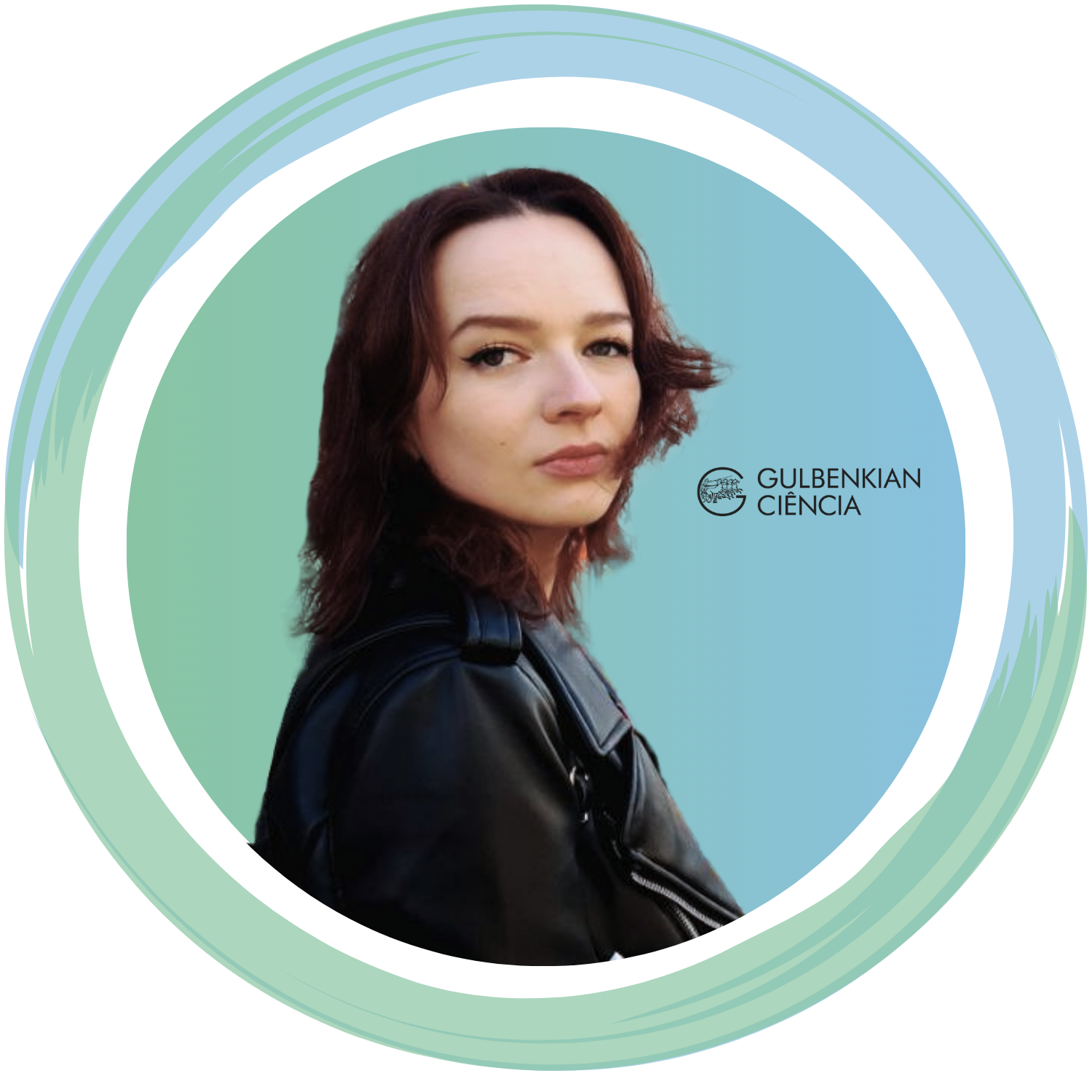
The position
Meet Valentyna!
Biosketch
Valentyna was born in Ukraine and lived there for 28 years. In her school years, she grew passionate about biology, so she applied to medical university at age 15 and finished it in 2017. Valentyna had a great time at her medical university, finding the most pleasure in studying pathophysiology, pathohistology, and internal medicine. The majority of courses she completed with high scores, while participating in students’ competitions and conferences. Valentyna chose a residency in intensive care and anesthesiology, obtained a certificate, and worked as an anesthesiologist until the passion for science took over and applied for a PhD program in Bohomoletz Institute of Physiology. It is no surprise that she chose to conduct a PhD at the Department of Molecular Pathophysiology, where she met excellent researchers who have the same way of thinking and who are not afraid to step out. The war, launched by Russia in February 2022 interrupted her PhD research in Ukraine, and she had to flee first to Israel, and then she joined the Cellular Microbiology Department at Max Planck Institute for Infection Biology, in Berlin, where she spent a year in a stimulating environment among the brightest minds conducting her own small research project and preparing for EMERALD. Valentyna joined EMERALD at the group of Inflammation led by Miguel Soares, PhD at the Instituto Gulbenkian de Ciência (IGC), in Oeiras, Portugal
University awarding the PhD
Valentyna is currently enrolled in the University of Lisbon’s Doctoral Programme of the Lisbon Academic Medical Centre – Ph.D. CAML, and participated in the local IGC’s IBB Programme.
I decided to become a physician because…
I decided to become a physician because I knew I could do good for patients and I wasn’t afraid of the challenges. At age 15, when I applied for medical university my perspective of being a physician was different and changed over the years. I’ve learned that it is not enough to be smart and good at studies, it is also a personal responsibility, communication, understanding, and planning the consequences of your professional choices, choices that are made for another person, for a patient.
But also, I wanted to become a scientist because…
Deciding to become a scientist was only a natural choice for me. Even though medicine has advanced over the years, and diagnostic and therapeutic protocols have improved a lot, there are still many challenges that physicians face and are powerless to solve. My personal experience in the intensive care unit, dealing with sepsis, made me realize that my contribution to patients’ wellbeing would be more efficient in science, if I devoted myself to discovering new pathogenetic mechanisms and therapeutic targets, that will provide new means to decrease sepsis lethality.
What I am working on?
When an organism is challenged with infection, it relies on immune-mediated resistance and disease-tolerance defense strategies to survive. These evolutionary conserved defense strategies shape pathogen virulence and disease severity, from asymptomatic to severe and eventually lethal, such as observed in sepsis. Sepsis is a life-threatening organ dysfunction caused by a dysregulated host response to infection, likely reflecting the state of failed stress and reprogrammed energy metabolism, it is a major cause of mortality in hospitalized patients. About half of sepsis patients develop sepsis-associated encephalopathy (SAE), characterized by disruption of brain function and increasing sepsis mortality. We believe that metabolic reprogramming to sepsis is controlled by an integrated neurohumoral response. Our overarching hypothesis is that SAE compromises neurohumoral control of energy metabolism. I plan to identify and characterize adaptive vs. maladaptive metabolic responses to polybacterial sepsis in a cecal ligation puncture (CLP) model tuned to 50% lethality (LD50), Light-sheet microscopy and iDISCO+/Clearmap will be applied to genetically modified mice, allowing for mapping (i.e., c-Fos-reporter TRAP2tdT), molecular profiling (i.e., TRAP2RiboGFP) and pharmacogenetic manipulation (i.e., TRAP2DREADD) of brain neurons orchestrating metabolic responses to sepsis.
Why is this important to me as a medical doctor?
Studying how an organism compensates and adapts to sepsis-related tissue dysfunction and damage, and how neuronal control is able to employ prosurvival metabolic reprogramming will help to decrease sepsis mortality.
Who am I besides a future physician-scientist?
I have a strong political position. It is very important for me to know and understand social issues and take action against injustice and abuse on different scales: war, corruption, misinformation and disinformation, exploitation, gender inequality, and domestic abuse, censorship, ecocide. My way to state my position is through street protests, on social media, through donations, and volunteering. My biggest objective now is to aid my country. People in Ukraine suffer and die every day from the unprovoked and brutal war that Russia started on February 24, 2022. Russia commits war crimes and genocidal acts against the people of Ukraine, my objective is to spread awareness. Science cannot be “outside of politics” as well as art is not outside of politics, sports are not outside of politics, etc. It is our main responsibility as a person, citizen, member of the society, and a human being to be politically active. I play piano and draw art.


